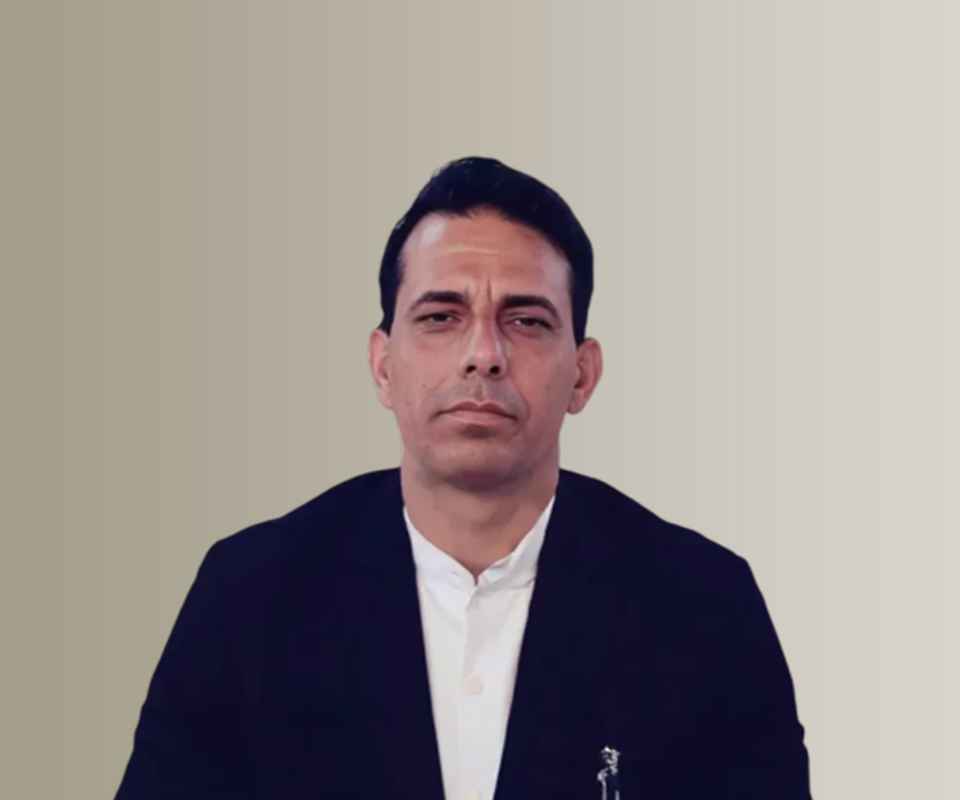Answer By law4u team
Constitution of India Article 22: Protection Against Arrest and Detention in Certain Cases
(1) No person who is arrested shall be detained in custody without being informed, as soon as may be, of the grounds for such arrest nor shall he be denied the right to consult, and to be defended by, a legal practitioner of his choice.
(2) Every person who is arrested and detained in custody shall be produced before the nearest magistrate within a period of twenty-four hours of such arrest, excluding the time necessary for the journey from the place of arrest to the court of the magistrate, and no such person shall be detained in custody beyond the said period without the authority of a magistrate.
(3) Nothing in clauses (1) and (2) shall apply—
(a) to any person who for the time being is an enemy alien; or
(b) to any person who is arrested or detained under any law providing for preventive detention.
*(4) No law providing for preventive detention shall authorize the detention of a person for a longer period than three months unless—
(a) an Advisory Board consisting of persons who are, or have been, or are qualified to be appointed as, Judges of a High Court has reported before the expiration of the said period of three months that there is in its opinion sufficient cause for such detention:
Provided that nothing in this sub-clause shall authorize the detention of any person beyond the maximum period prescribed by any law made by Parliament under sub-clause (b) of clause (7); or
(b) such person is detained in accordance with the provisions of any law made by Parliament under sub-clauses (a) and (b) of clause (7).
(5) When any person is detained in pursuance of an order made under any law providing for preventive detention, the authority making the order shall, as soon as may be, communicate to such person the grounds on which the order has been made and shall afford him the earliest opportunity of making a representation against the order.
(6) Nothing in clause (5) shall require the authority making any such order as is referred to in that clause to disclose facts which such authority considers to be against the public interest to disclose.
(7) Parliament may by law prescribe—
(a) the circumstances under which, and the class or classes of cases in which, a person may be detained for a period longer than three months under any law providing for preventive detention without obtaining the opinion of an Advisory Board in accordance with the provisions of subclause (a) of clause (4);
(b) the maximum period for which any person may in any class or classes of cases be detained under any law providing for preventive detention; and
(c) the procedure to be followed by an Advisory Board in an inquiry under sub-clause (a) of clause (4).
NOTE
Cl. (4) shall stand substituted by the Constitution (Forty-fourth Amendment) Act, 1978, s. 3 (date yet to be notified) as—
(4) No law providing for preventive detention shall authorise the detention of a person for a longer period than two months unless an Advisory Board constituted in accordance with the recommendations of the Chief Justice of the appropriate High Court has reported before the expiration of the said period of two months that there is in its opinion sufficient cause for such detention:
Provided that an Advisory Board shall consist of a Chairman and not less than two other members, and the Chairman shall be a serving Judge of the appropriate High Court and the other members shall be serving or retired Judges of any High Court:
Provided further that nothing in this clause shall authorise the detention of any person beyond the maximum period prescribed by any law made by Parliament under sub-clause (a) of clause (7).
Explanation.—In this clause, appropriate High Court means,
- in the case of the detention of a person in pursuance of an order of detention made by the Government of India or an officer or authority subordinate to that Government, the High Court for the Union territory of Delhi;
- in the case of the detention of a person in pursuance of an order of detention made by the Government of any State (other than a Union territory), the High Court for that State;
- in the case of the detention of a person in pursuance of an order of detention made by the administrator of a Union territory or an officer or authority subordinate to such administrator, such High Court as may be specified by or under any law made by Parliament in this behalf.
- Sub-clause (a) shall stand omitted by the Constitution (Forty-fourth Amendment) Act, 1978, s. 3(b)(i) (date yet to be notified).
- Sub-clause (b) shall stand re-lettered as sub-clause (a) by s. 3(b)(ii), ibid. (date yet to be notified).
- Sub-clause (c) shall stand re-lettered as sub-clause (b) by s. 3(b)(iii), ibid. (date yet to be notified).
- sub-clause (a) of clause (4) shall stand substituted as clause (4) by s. 3(b)(iii), ibid. (date yet to be notified).
Brief Detail
Article 22 provides procedural safeguards against arbitrary arrest and detention. It mandates that detained persons be informed of the reasons for their arrest, allows legal representation, and requires them to be produced before a magistrate within 24 hours. It also provides provisions for preventive detention with certain restrictions.
Question & Answers
What is the primary safeguard provided under Article 22 against detention?
It ensures that individuals are informed of the reasons for their arrest, have the right to legal counsel, and must be presented before a magistrate within 24 hours.
What are the exceptions to these safeguards?
The protections do not apply to enemy aliens or persons detained under preventive detention laws.
What is preventive detention, and how long can it last?
Preventive detention allows detaining a person to prevent potential threats to public order or national security. Without approval from an Advisory Board, such detention cannot exceed three months.
Example
If a person is arrested for a criminal offense, they must be presented before a magistrate within 24 hours. However, if someone poses a national security threat, they may be detained under preventive detention laws, subject to review within three months by an Advisory Board.
Summary
Article 22 protects individuals from arbitrary detention, ensures procedural fairness, and provides specific exceptions for preventive detention, balancing individual liberty with public safety.







